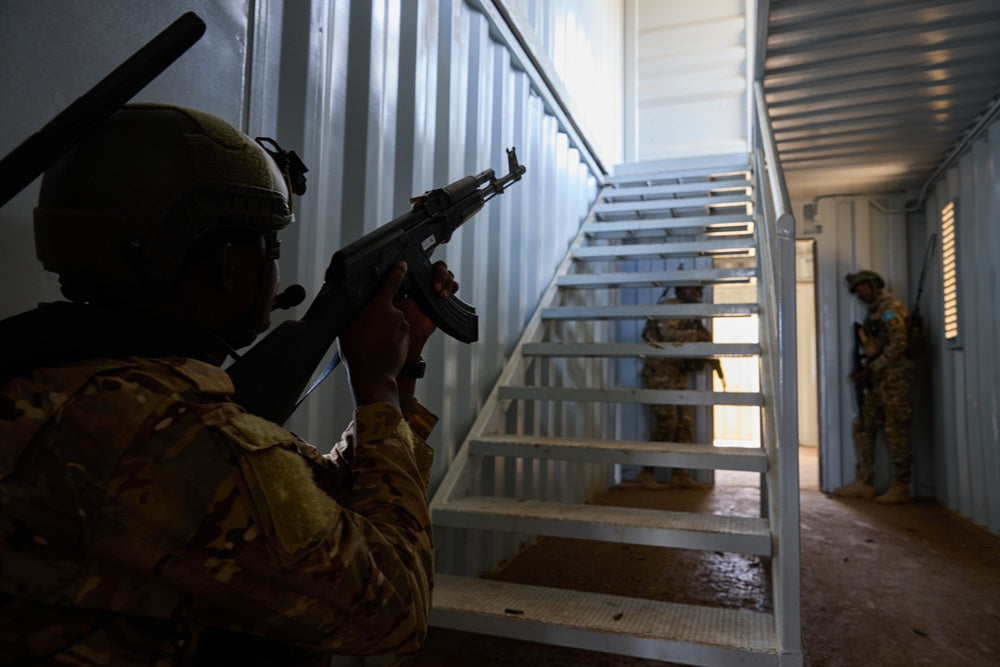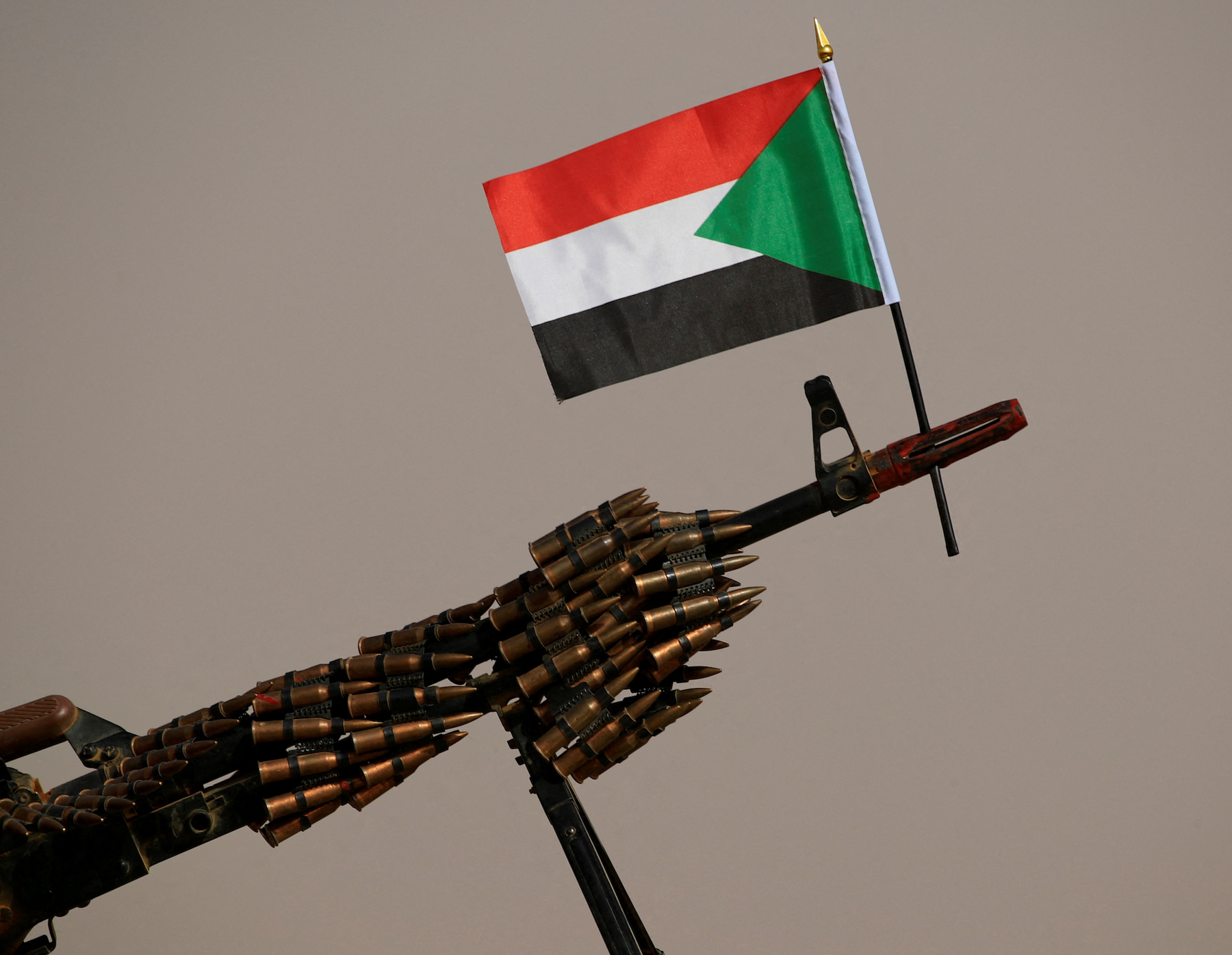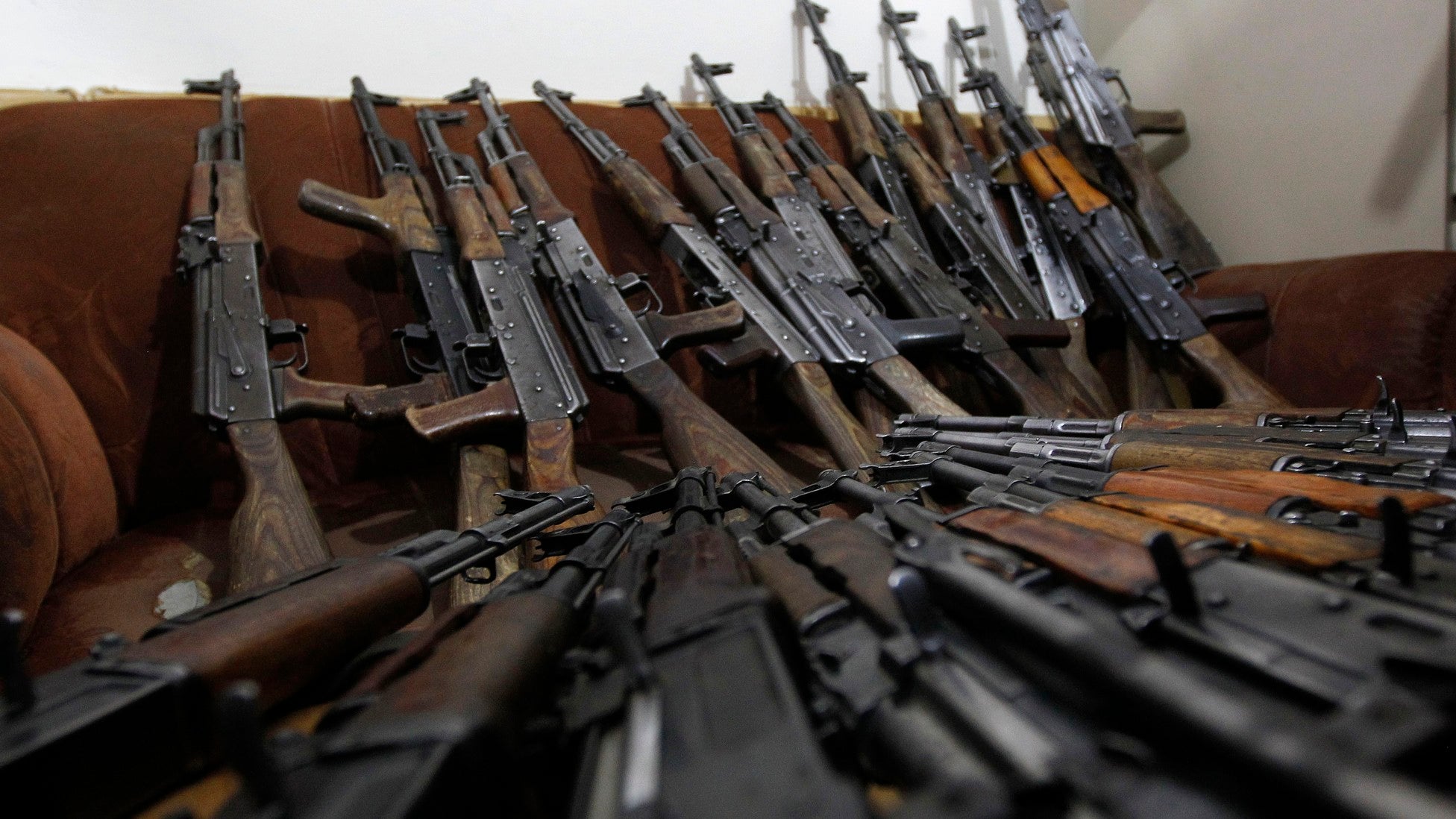
Intel Update: Somalia
BY GABRIEL FANELLI
On June 6, 2024, Somalia won a non-permanent seat on the United Nations Security Council; its first time since 1970. Still considered a failed state by many, it has made long strides to improve its global standing, while recognizing the intractable problems of militant Islamism, piracy, and internal rebellion. A seat on the Security Council signals a shift in how the world sees Somalia and should drastically improve their internal conditions over the next two years. The Security Council has five permanent members – the United States, the United Kingdom, France, China and Russia – and ten rotating non-permanent states. Somalia was elected, unopposed, from the East Africa Region, and will serve next to Panama, Greece, Denmark and Pakistan for two years.
One unlikely partner who has poured into Somalia’s infrastructure since 2011 is Turkey, who saw the strategic importance in maintaining a relationship with the then failed state and coached them through their particular flavor of state building. The economic aid was a Trojan horse which gradually saw military aid included. Turkey recently signed a major defense agreement in February of this year which promises to secure the longest coastline of any African nation for the next ten years, and while the apparent selflessness of Ankara in coming to Somalia’s aid appears genuine, the agreement reads more like a quid pro quo lease where Somalia hands over 30 percent of its maritime revenue stream to Turkey in exchange for the security of its shores. It has yet to be seen if the increase in security would also increase revenues to a point that makes this deal sustainable for Somalia long term. As it costs an estimated $300 million annually for Somalia to combat its offshore piracy, it is likely they will still come out in the black.
While Turkish presence in Somalia is not front-page news around the world, the Turks have been actively engaged in Somali defense for over a decade and it has major implications for the geopolitics of the region. To that end, Turkey opened their largest overseas military base in Mogadishu in 2017. TURKSOM Military School is both a military university for training Somali officers and NCOs, and the home base for the Turkish-Somali Task Force known as African Eagle.
As of this summer, 11 total infantry battalions will be trained and outfitted for the fight against al-Shabaab. According to the Senate Committee on Foreign Affairs, a decisive victory against al-Shabaab looks increasingly bleak. Both the African Union Mission in Somalia (AMISOM), Somali National Army, and U.S. counterterrorism strikes have done little to hamper the operations of a group that appears deeply entrenched in Somali society. Currently, there are roughly 500 U.S. troops in Somalia, which is still slightly higher than the number of Turkish troops, but Turkey is leading in the number of Somali troops formally trained and could replace the United States as a long-term strategic security partner as many other African nations have done recently.
The defense agreement signed between Ankara and Mogadishu serves both Erdogan’s desire to project power in a strategic region of the world and President Hassan Sheikh Mohamud’s need to secure his coastline and reinvigorate the economy in order to become a regional power once again. Somalia is also a potentially oil rich country, with some estimated 30 billion barrels lying under the ocean off the coast. In 2022, Houston based Coastline Exploration purchased seven blocks off the coast out of a total of 15 offered for sale by Mogadishu, totaling $7 million in a wildcat play that has not been executed yet. According to S&P Global, 3D seismic imaging began in November of 2023, with drilling planned to begin in 2025. Not to be outdone, on the heels of the defense agreement Ankara signed another deal with Mogadishu that hands over the remaining coastline to be explored, and drilled, by Turkish companies. Through the inducements written into the defense deal, these companies will be allowed to operate at a reduced cost compared to their U.S. competitors.
Turkey has invested more in Somalia than any other African country by nearly four times. According to Turkey’s Ministry of Foreign Affairs at the time of this writing, the total value of all foreign investments in Somalia has reached $100 million annually, $1 billion since 2011, and shows no signs of slowing. Both Mogadishu International Airport and Seaport are entirely run by Turkish companies. This model of controlling the air and seaports through private business is one China has proved successful all over Africa, most notably in Nigeria – the most populous country on the continent. As Turkey is one of the few nations with the capability to build its own air and sea fleets, it is showing its intent to rival Chinese interests in the region as much as it is giving African nations a country other than the United States to partner with for its defense needs. Turkey showed a fivefold increase in its aerospace and defense exports in Africa between 2020 and 2021 - $82.9 million to $460.6 million.
True to its history, Somalia’s internal problems may hamper even the most secure deals. According to International Crisis Group, Somalia’s separatist northern coast known as Somaliland signed a memorandum of understanding with neighboring Ethiopia in early 2024 which authorizes Ethiopia to lease Somaliland’s coastline for economic and naval operations in exchange for a recognition of statehood. This memorandum would be disastrous for the prosperous ties between Ethiopia and Turkey if allowed to go forward. On top of that, recognizing a separatist movement such as Somaliland could cause blowback in Ethiopia who experiences their own fair share of separatist movements.
Currently, 95% of Ethiopia’s imports and exports pass through Djibouti, and access to the Berbera Port in Somaliland would increase their ease of access to the shipping lanes of the region. Throwing another wrench into the mix, the United Arab Emirates signed their own deal with Somaliland for access of the same port and are poised to back Ethiopia in the face of any Turkish backlash.
Somalia continues to be a key player in the geopolitics of a region perennially locked in conflict, and arguably through no fault of its own. Despite the wrath of insurgencies, separatist movements, and echoes of its recent history as a failed state still fresh in the mind of the international community, Somalia is proving to the world that it is to be taken seriously and values the rule of law and democratic values – gatekeepers to positions such as their newfound Security Council seat. Those countries vying for influence and control over Somalia and the surrounding region could quickly undermine and outpace American influence and hegemony, while boosting the interests of competing superpowers in the Great Power Competition. In light of Somalia’s new status, the U.S. would do well find its way into Mogadishu’s good graces to ensure their position as a power player in the Horn of Africa for the foreseeable future.









